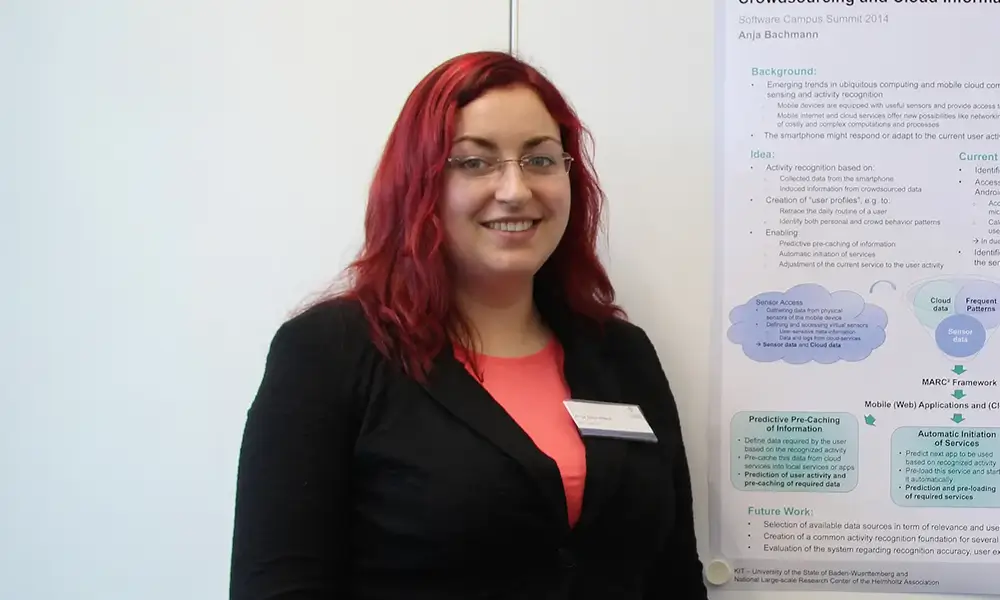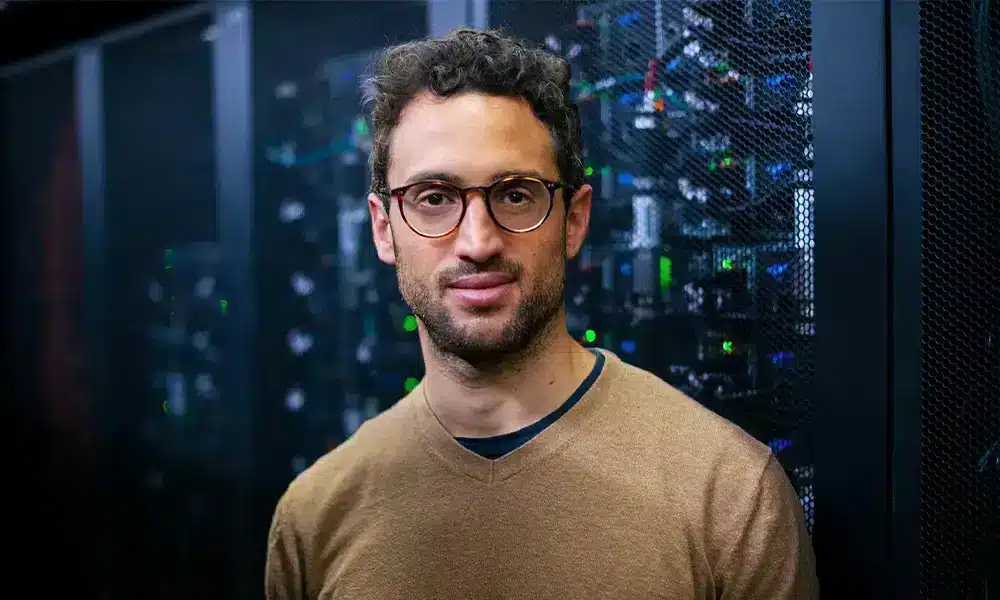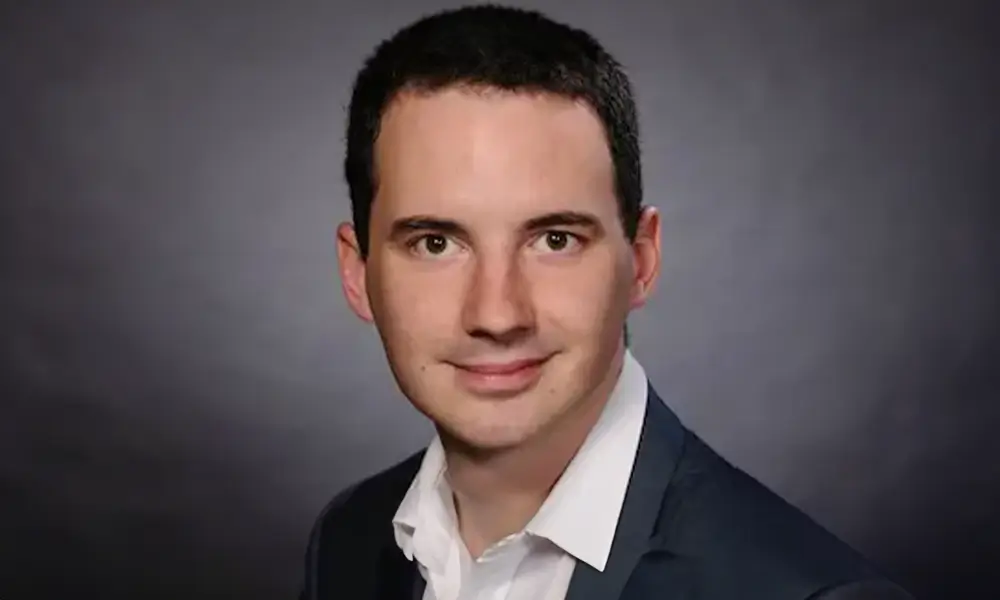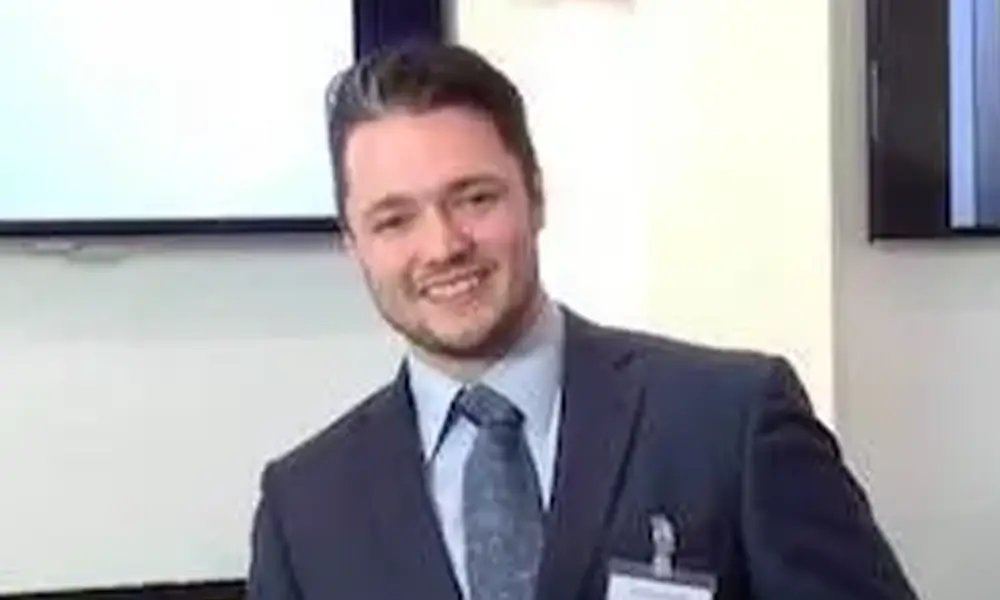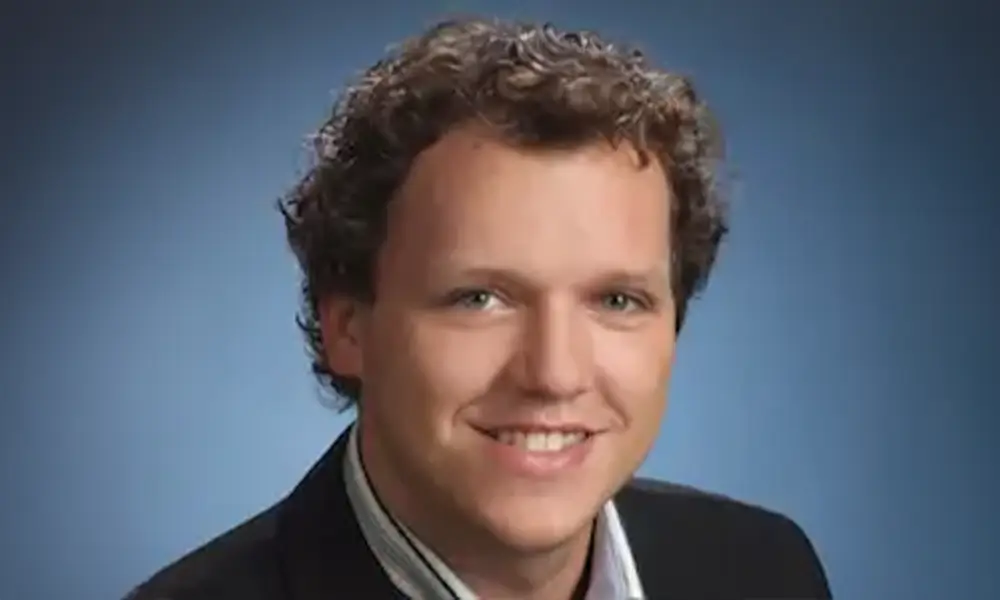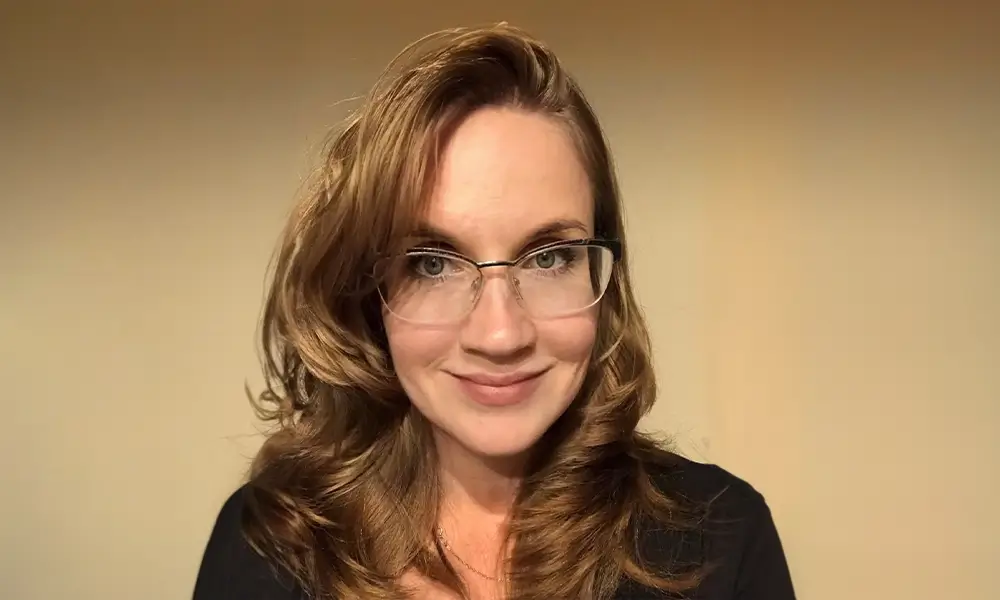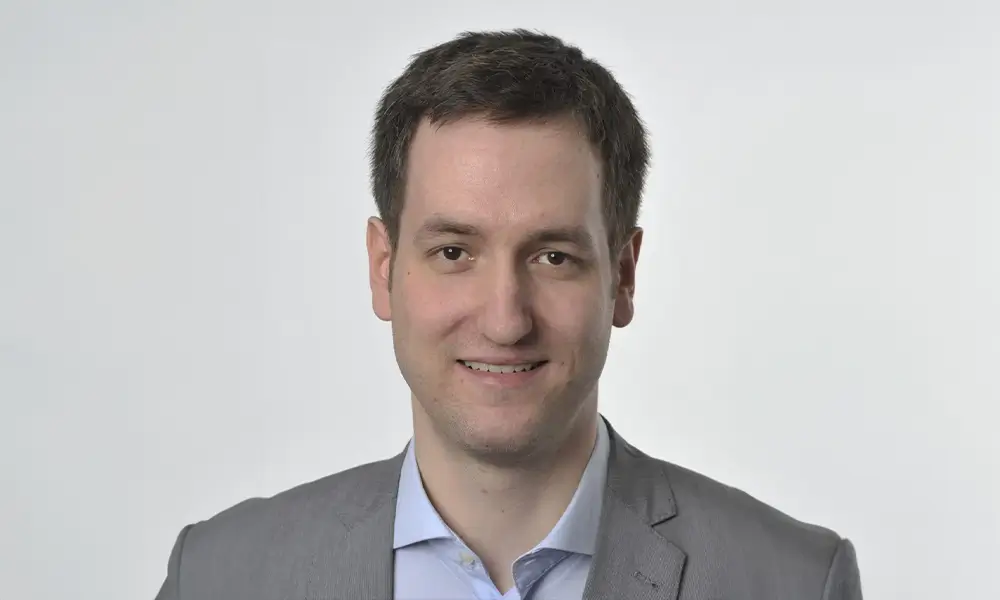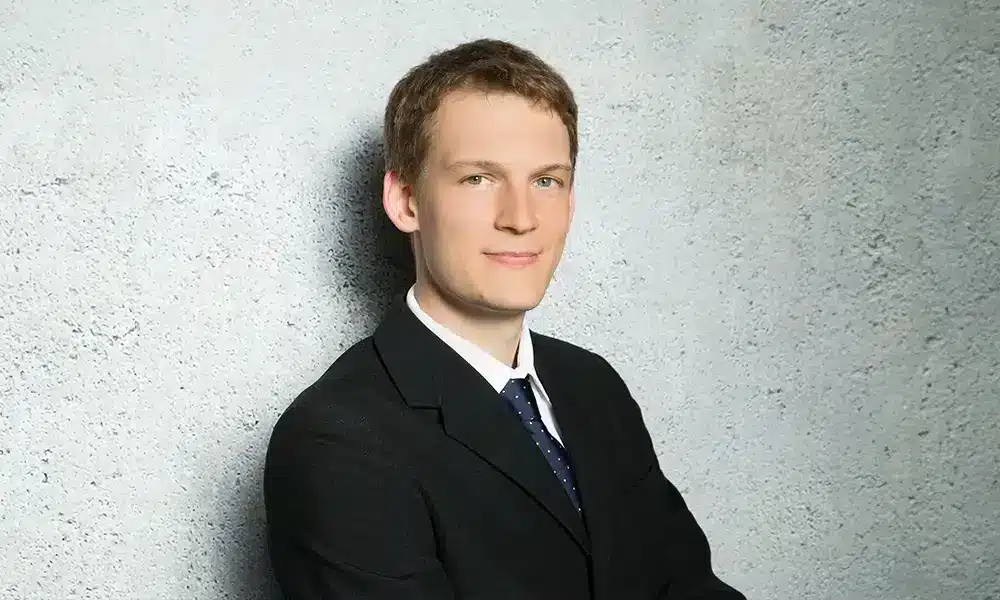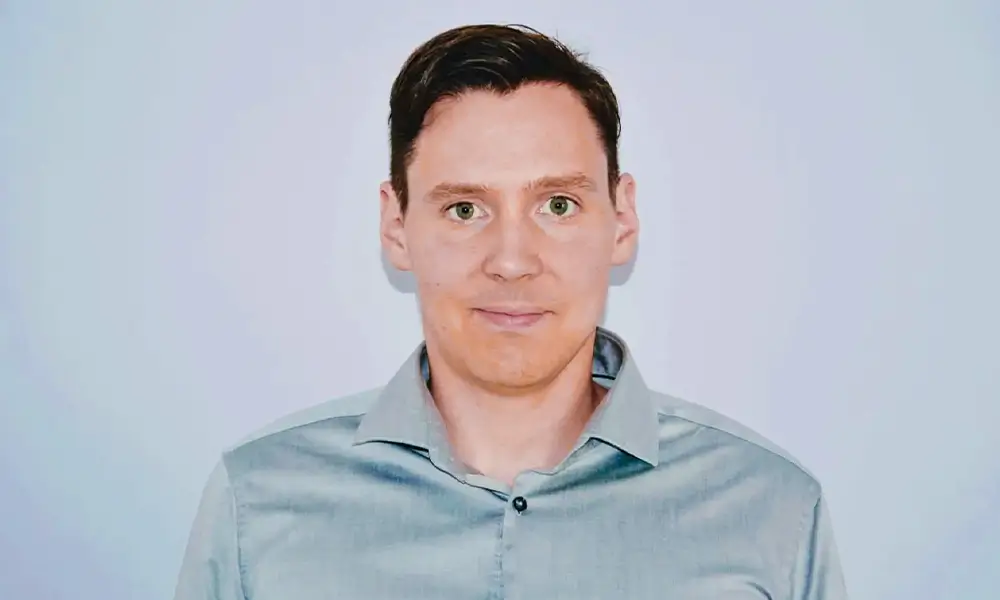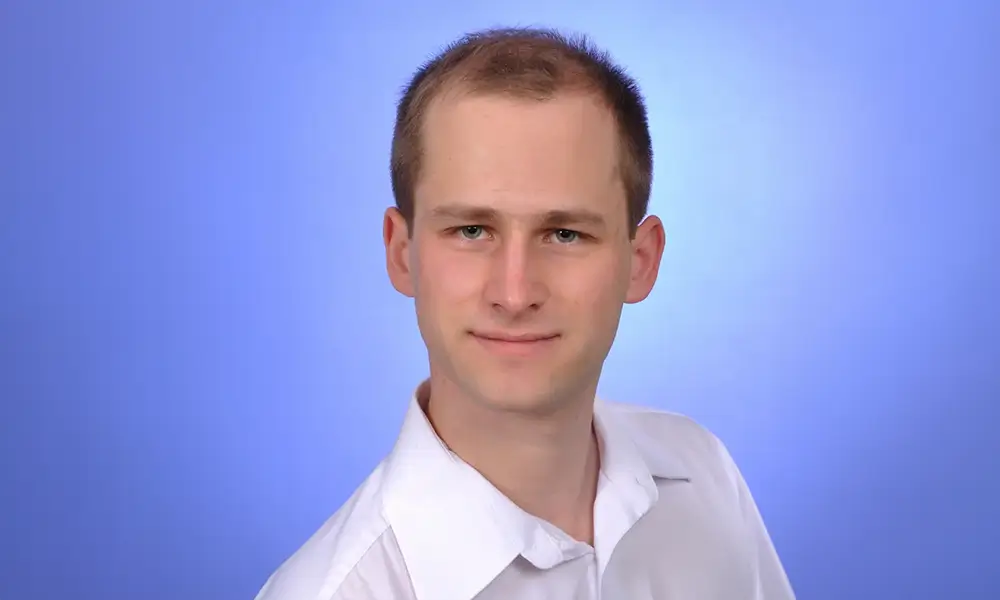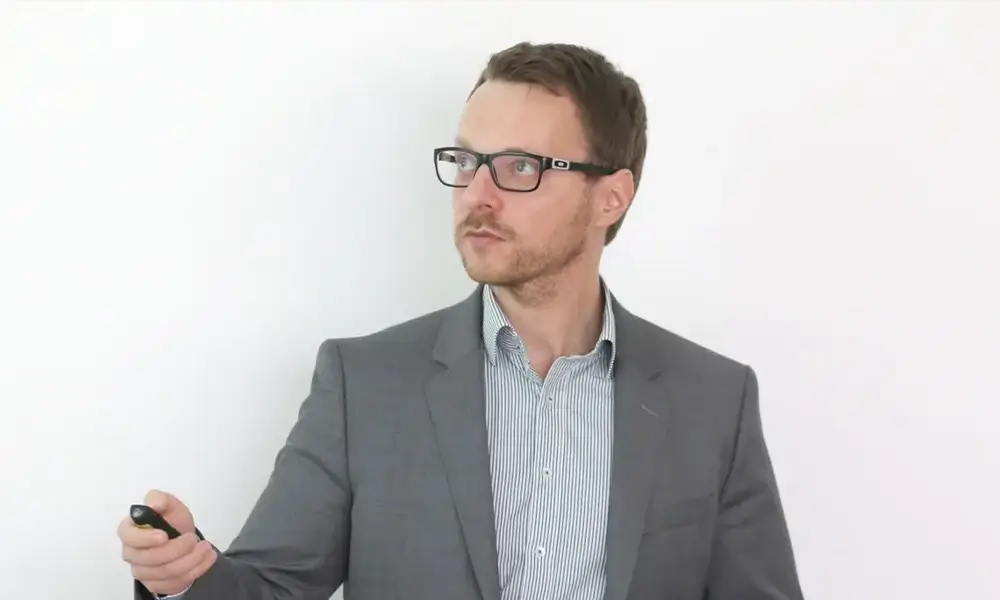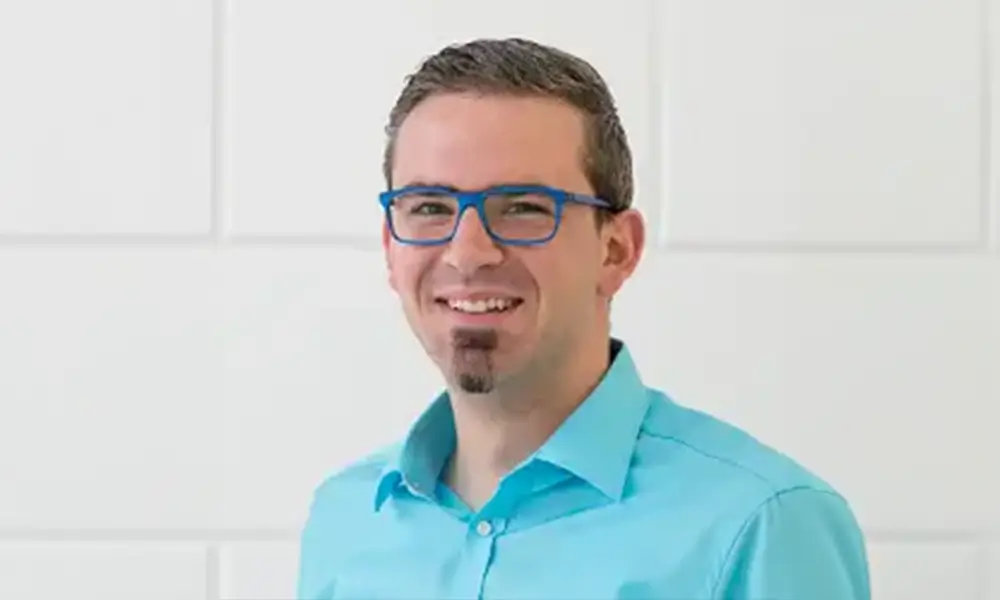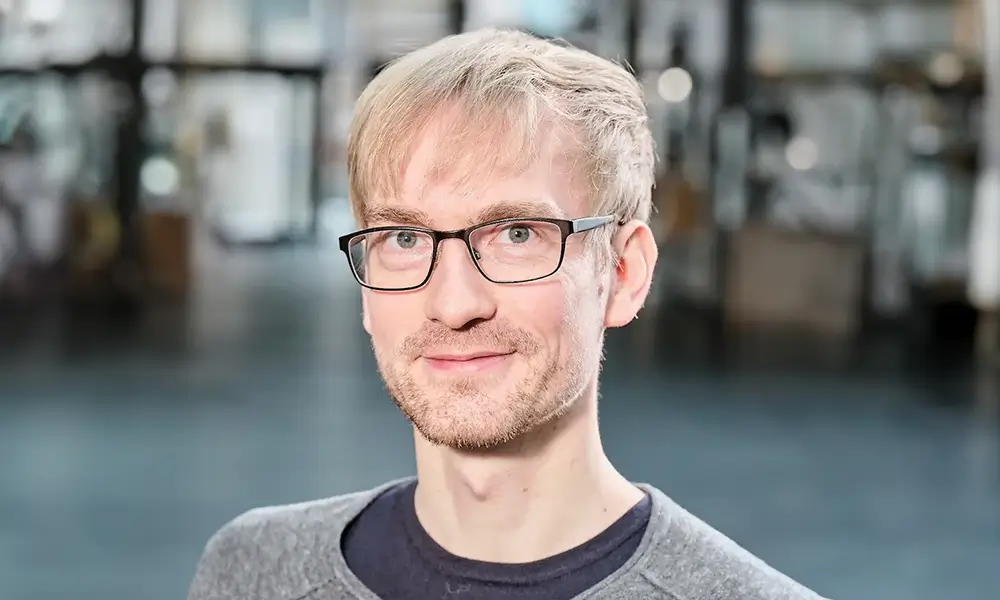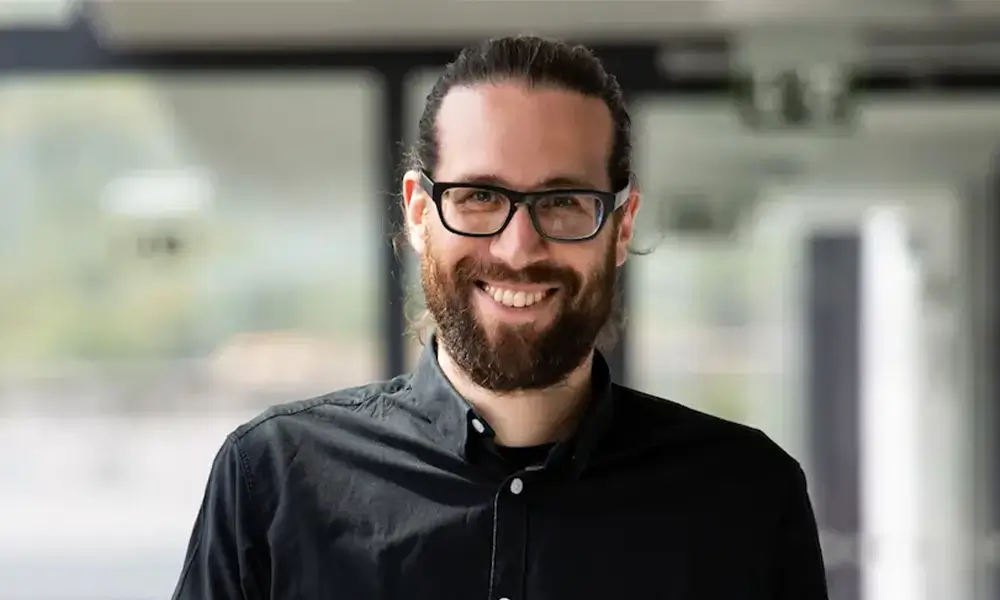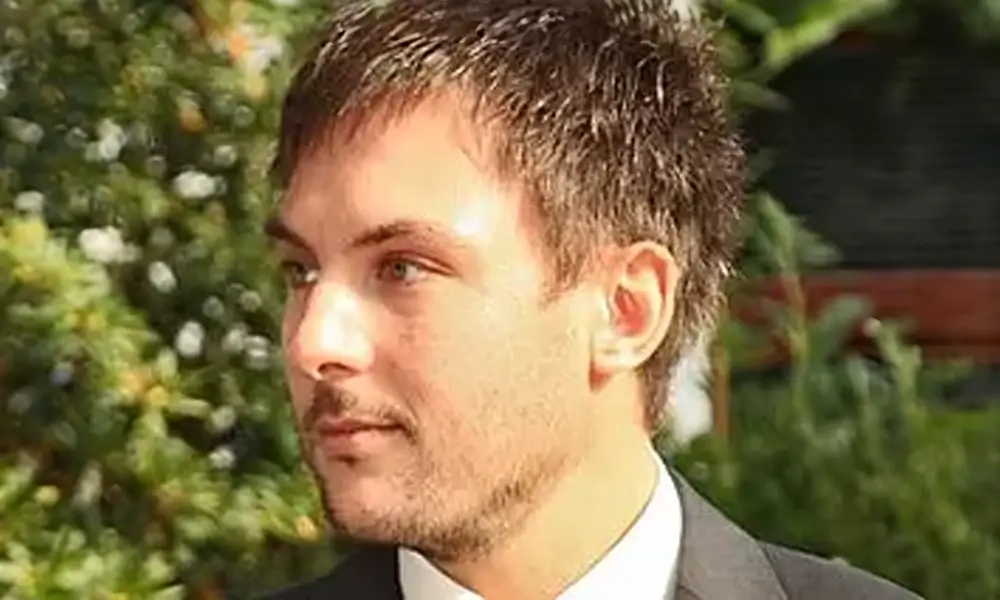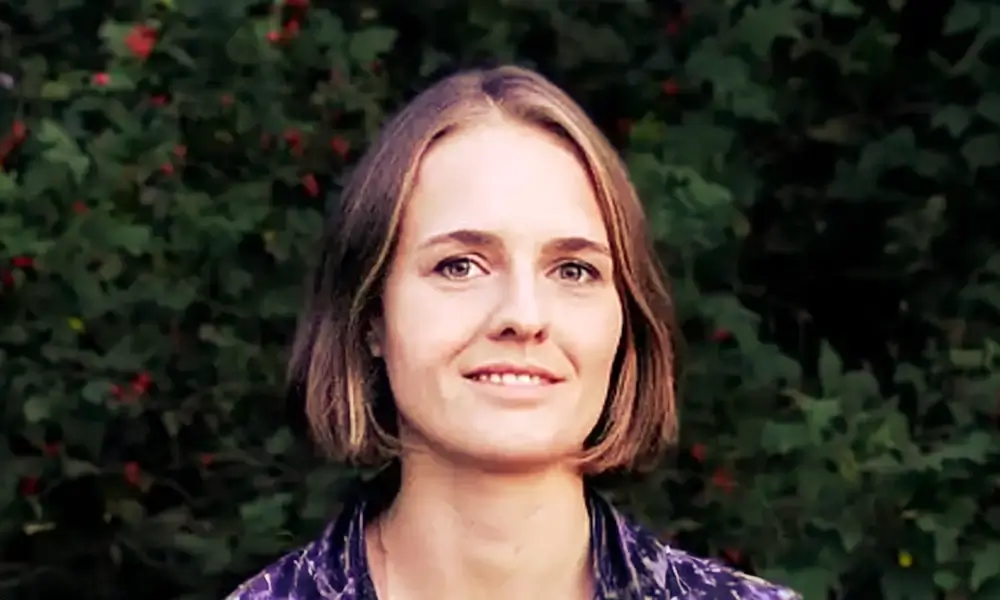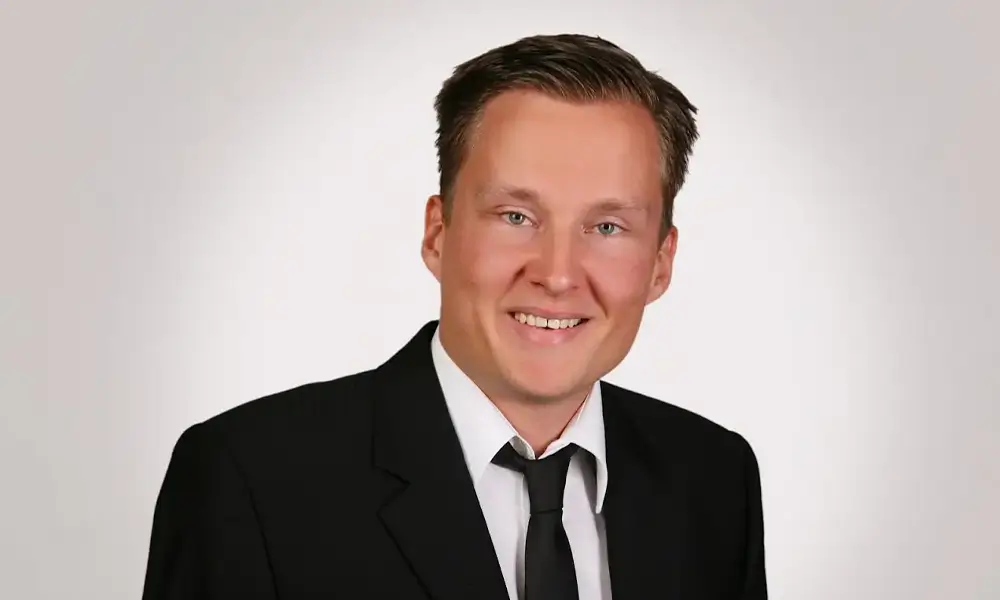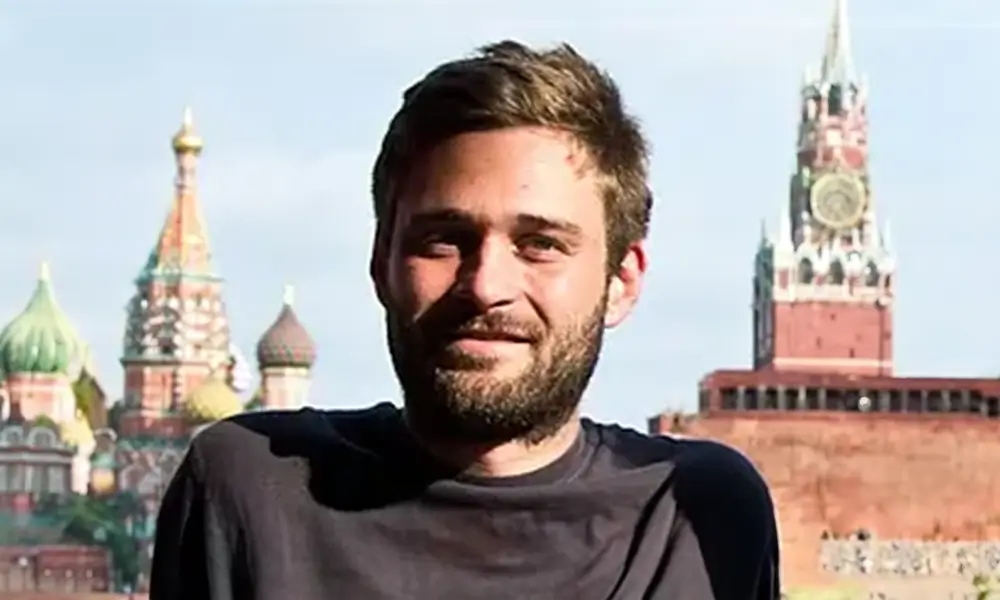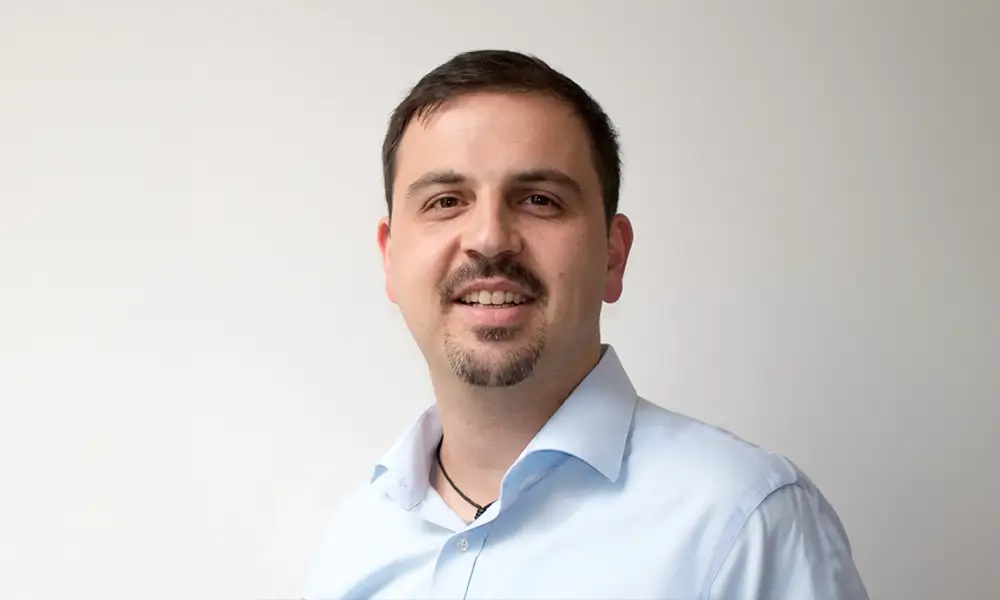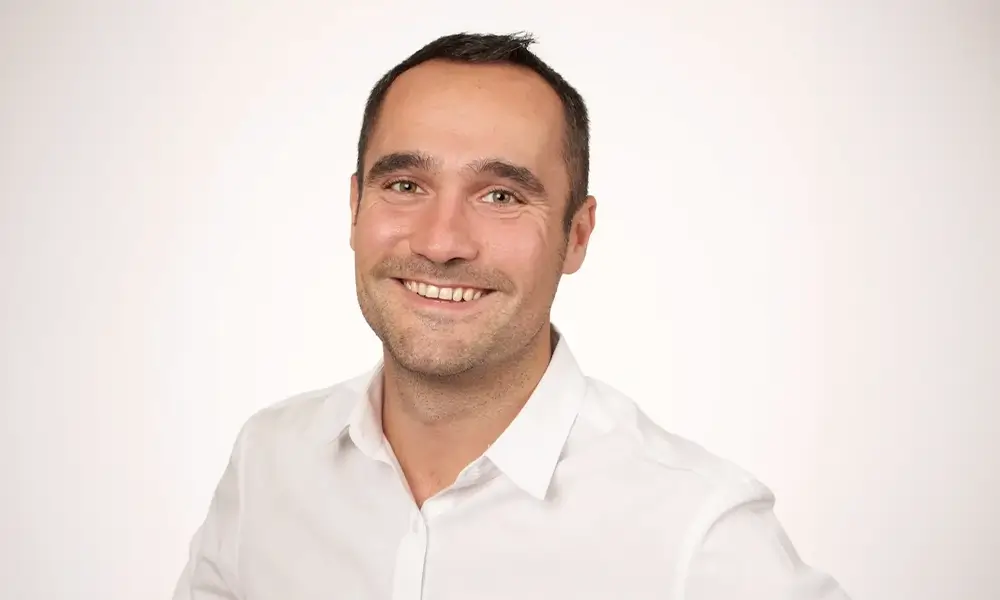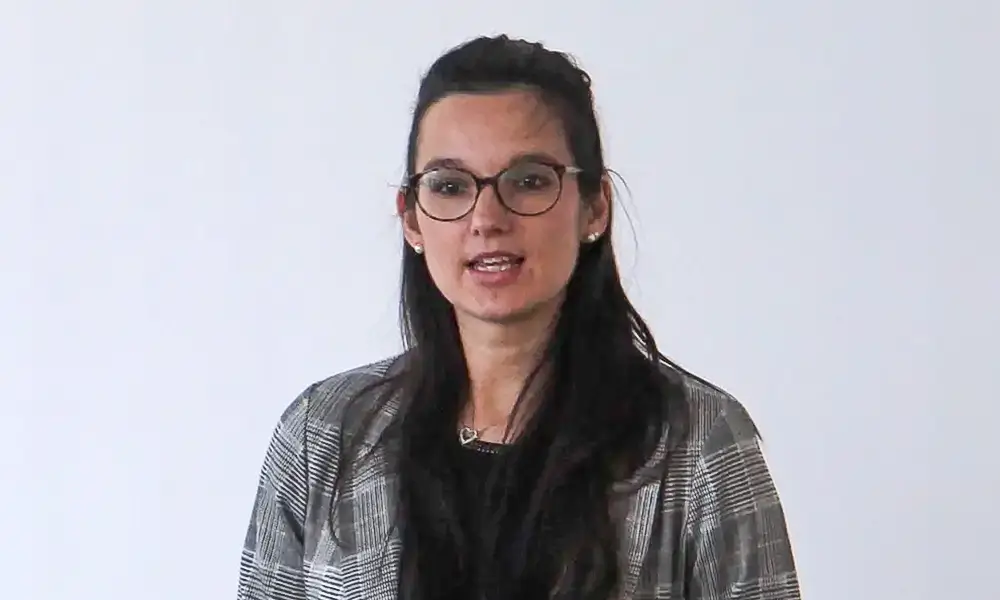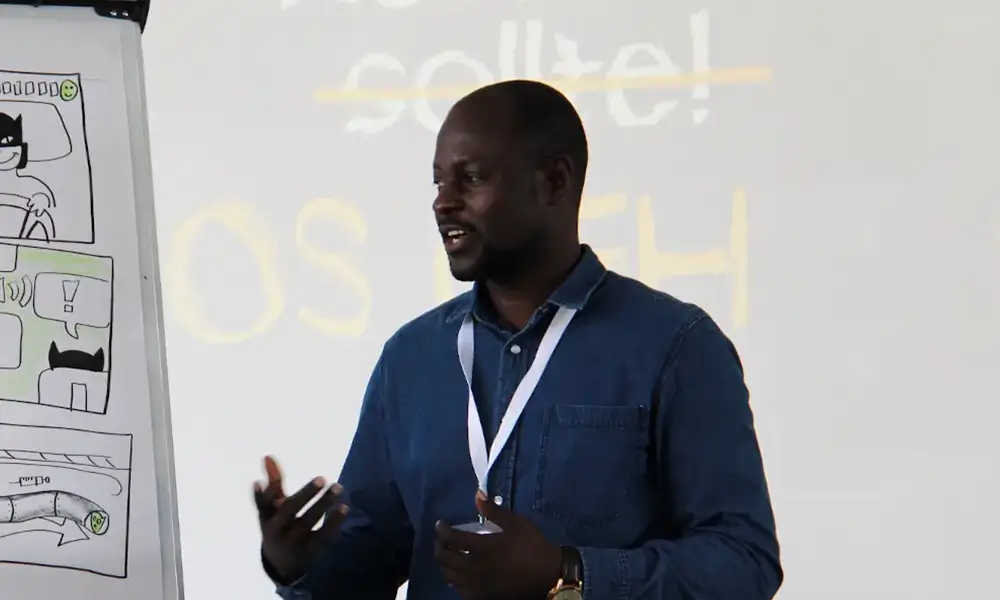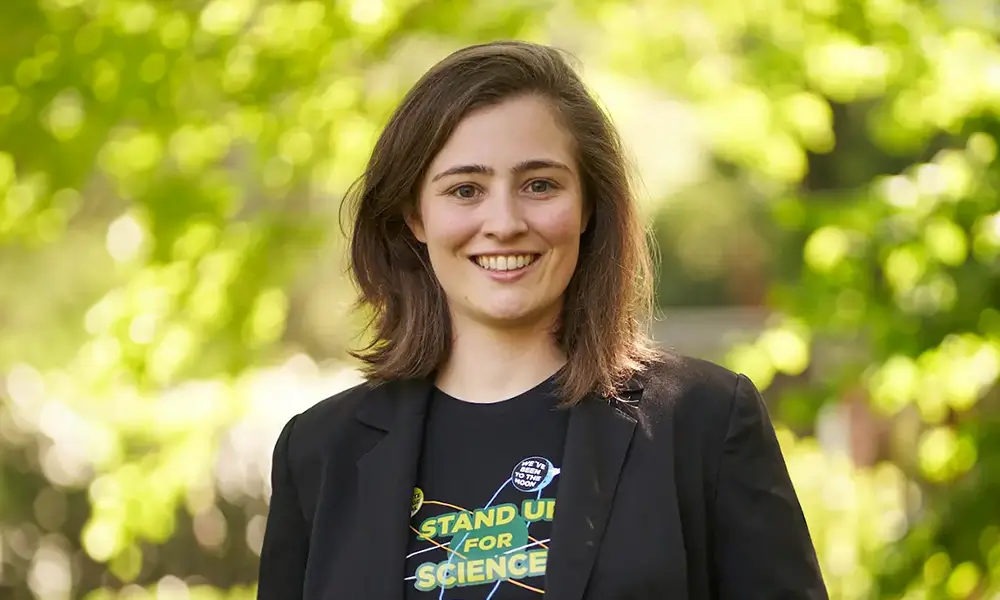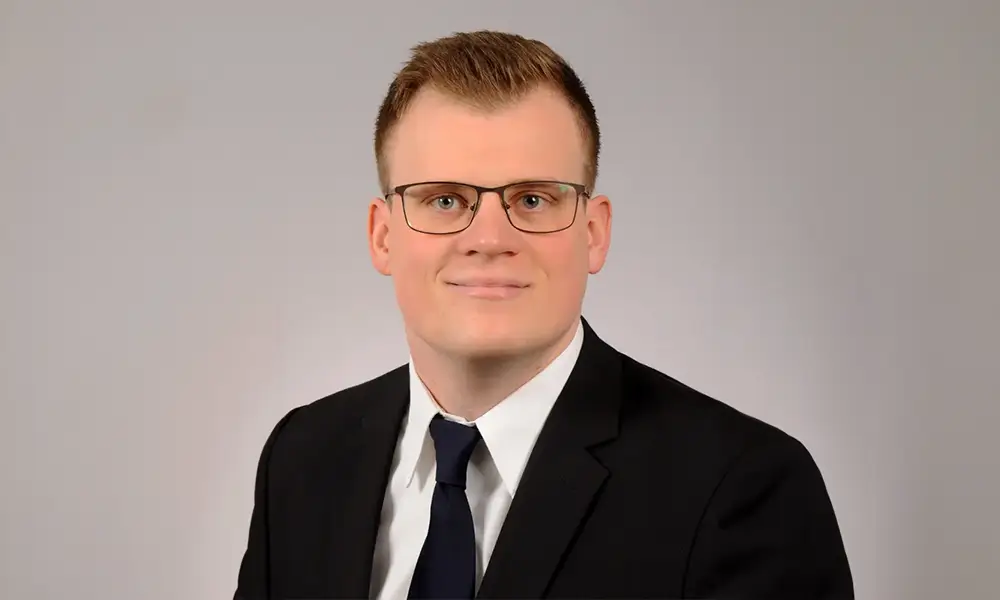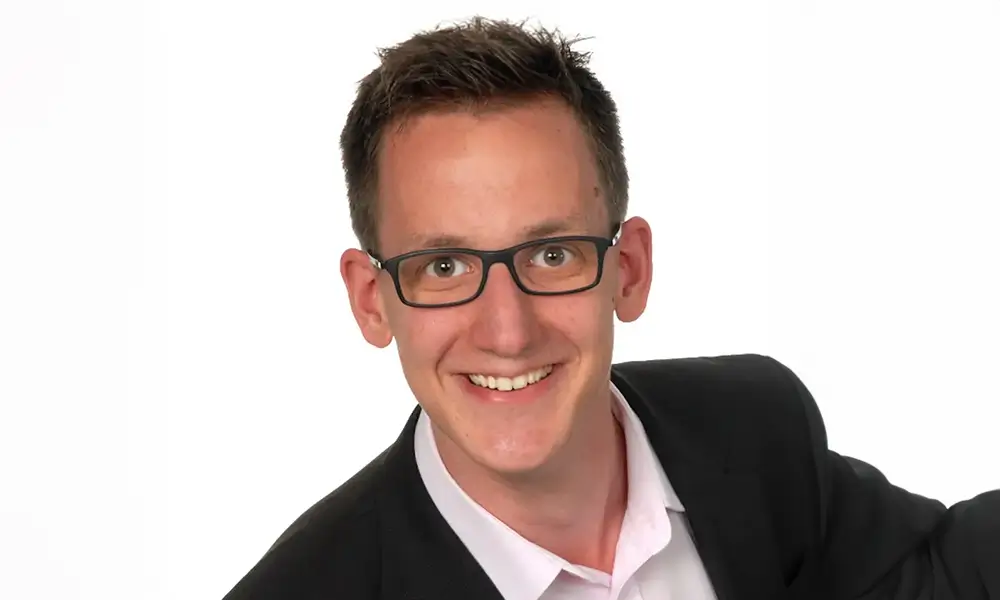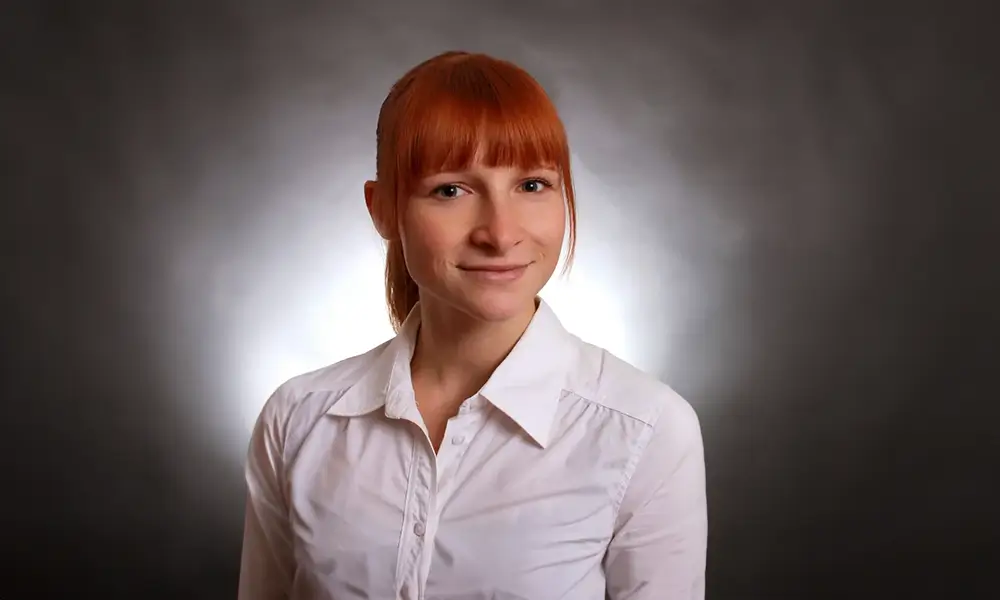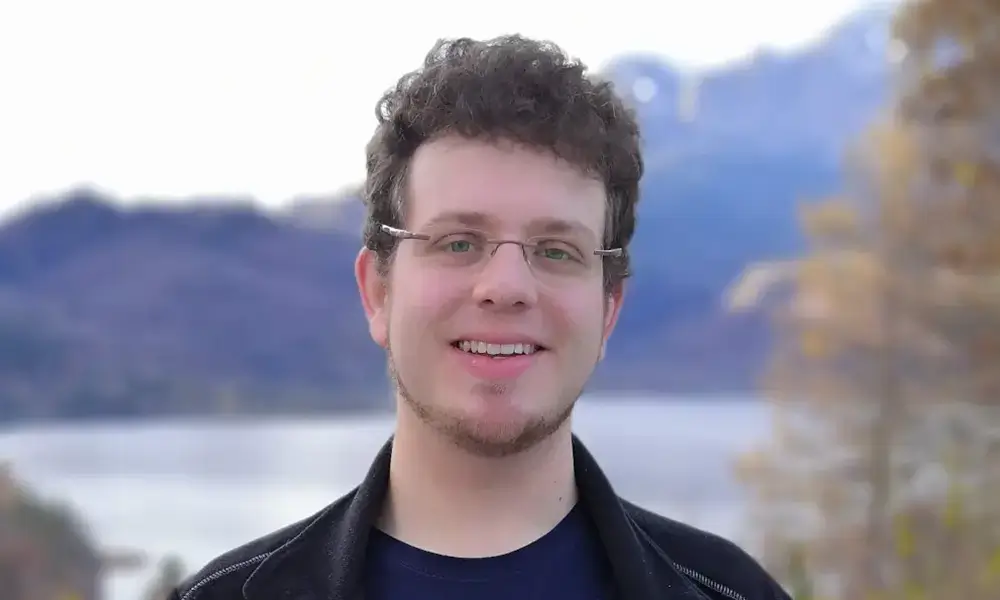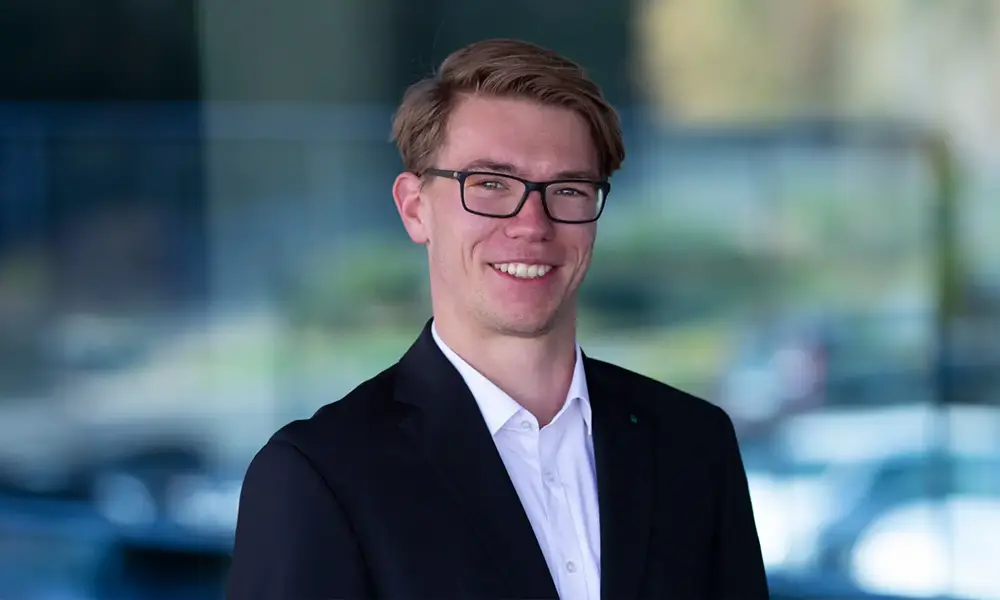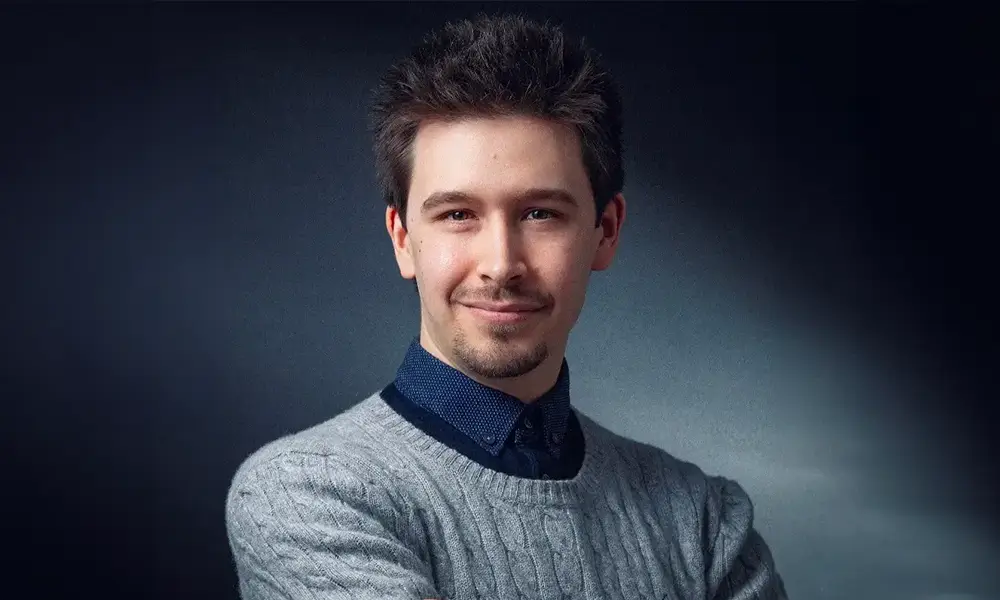Who are you and what are you doing? Who are your partners?
“Hello World”, my name is Anja Exler (née Bachmann). I have been a doctoral student at the Karlsruhe Institute of Technology (KIT) for about two years and cooperate with SAP SE in the Software Campus.
When did you join the Software Campus and why are you in the program?
I officially started my Software Campus project on March 1, 2014. I think the program is particularly attractive because of the opportunities it offers us participants. We have the chance to implement a research idea with the support of an industry partner, lead our own team and are trained to become IT leaders. I have never seen any other program in which you are supported in such a way and also get such a good insight into the industry.
What do you expect from the Software Campus?
From a very young age I have been fascinated by leading groups. Be it as class spokesperson during school hours, as a teamer in holiday camps or as a member of the board of the student council. But I also enjoy working directly with people, especially mentoring and tutoring. At the Software Campus I want to further develop my leadership skills and pave my way to becoming a manager. I hope that the Software Campus will further train my skills and provide me with interesting contacts. I also hope to gain an insight into the processes in industry and would like to learn how projects are carried out there and what demands are made on a manager in this area. It is not yet clear exactly where this path will lead me. Both the activity as a derivative, divisional or project manager in industry and an academic leadership position in the form of a professorship appear attractive. But who says that this cannot perhaps even be combined? But one thing is clear: The Software Campus opens up a lot of opportunities for me.
What is the content of your IT project and how could it be used in the future?
My IT project is fundamentally concerned with the detection of physical activity of a user and the contexts in which they are located. I would like to implement all of this using smartphones. The advantage of this is that nowadays almost everyone carries a smartphone anyway. You don’t need any additional devices, it’s not a big intrusion into everyday life, it doesn’t restrict anything. In addition, these small, mobile companions have many interesting sensors and data sources that provide us with information. From these data, it may also be possible to model a daily routine and identify common patterns of behaviour. It is also conceivable that data from several users could be managed centrally and it could be investigated whether there are generally valid, frequent patterns among all users or whether certain patterns are only distinctive for individuals. All this knowledge, which will be captured by the system to be developed in the project, can then be used to support the user in everyday life.real-world, future applications of context recognition are, for example, so-called context-sensitive or context-adaptive systems. For example, when the smartphone detects the activity “jogging”, it can adapt the design of the music player and display relevant buttons such as “Play/Stop” or “Forward/Back” enlarged and hide other buttons.
It is also conceivable that such a detection could be used to detect anomalies in the user’s behavior or the sudden fall of an elderly person, in response to which an emergency call can then be sent. An example of this would be the automatic downloading of customer data and contract documents from the company server when it is detected that the user is leaving for an external consultation. Also conceivable is the improvement of safety at the workplace through the automatic recognition of work processes and the verification of compliance with various safety aspects.
What fascinates you about computer science?
Its diversity! If you ask 100 computer scientists about their jobs, you could get 100 different answers. There are simply an incredible number of different types of computer science, e.g. image processing, data analysis, sensor technology, network technology, engineering computer science, medical computer science, bioinformatics or human-machine interaction, to name but a few. Computer science is something that is used in many areas of daily life and nowadays it is hard to imagine life without it.
My fascination began when I was only five years old. I joined my grandpa when he was sitting at his good old Windows 3.1 PC. That was my first contact with the world of computer science. My eyes were shining and I immediately announced: “I’ll do something with computers later!” This fascination continued, even increased from year to year and with increasing knowledge about this subject; and with increasing realization that computer science is more than just “something with computers” 🙂
What have you liked best about the Software Campus so far?
I liked the seminars best. On the one hand, there is the technical and methodological aspect. You improve your knowledge and key competencies and expand your knowledge horizon. On the other hand, there is the social aspect. You get to know other researchers and industrial partners and build up your own network of contacts.
What skills do you think a top manager needs today to be successful?
In my opinion, a top manager should be determined, organized, flexible and empathetic. He should always be clear about what the goal is. He should clearly structure and distribute tasks and keep an overview of them. He should be able to react flexibly to problems. He should also be able to express himself clearly and communicate content clearly. Finally, and this should not be neglected, the person should be authentic.
What has been the biggest challenge you have had to face in your IT career so far?
To be honest, finding a dissertation topic has been the biggest challenge for me. This is partly because there are many interesting research areas in computer science and yet it is difficult to decide on a concrete path. On the other hand, the topic should be something that is “new”, fits into the framework of a dissertation and is fun to work on. These are quite a few influencing factors.
What does your heart beat for – besides job and Software Campus?
When I am not at KIT or the Software Campus, I like to practice my foreign language skills. This includes watching movies in English, reading in French, and leafing through the daily Spanish desk calendar. On the other hand, I have been learning Japanese for one and a half years now, so that I can also look beyond the borders of the Romance languages. Foreign languages have always fascinated me and I enjoy improving my language skills. Languages connect people from different countries and cultures. I am always happy when I meet people with whom I can communicate in other languages. This always takes some effort, but it is also a great experience and a good training!
Do you have an idol – if so, who is it?
I personally do not have “the one” idol, but several people with whom I admire personal characteristics. In my school days, Sherlock Holmes impressed and influenced me a lot with his logical thinking. During my studies, my professor mentor strongly influenced me by giving me many helpful tips and encouraging me to dare something and believe in me. But my best friend also inspires me: through her determination, friendliness and reliability. Not to forget my grandmother, who taught me to enjoy life 🙂
I think it is important not to just chase after an idol or hero, but to look at the world from different angles and to derive and define your own goals and values.
